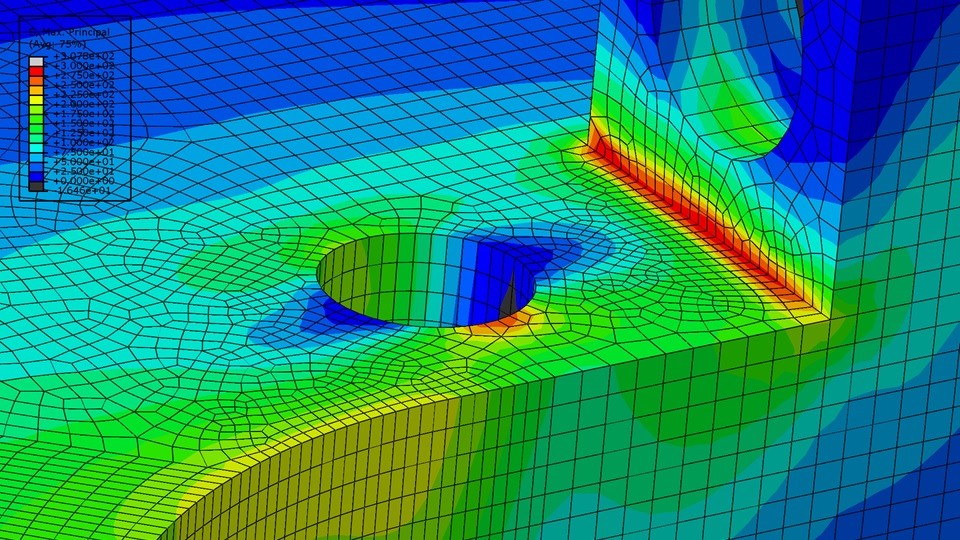Ceramic Material Elemental Characterization
The characterization of elemental composition in ceramic materials is critical for understanding their properties and performance. Ceramics are widely used across various sectors including aerospace, electronics, construction, and automotive due to their unique attributes such as high strength-to-weight ratio, thermal stability, chemical resistance, and biocompatibility.
Elemental analysis plays a pivotal role in ensuring the quality of ceramic materials by identifying and quantifying the presence of different elements. This service is essential for quality managers and compliance officers looking to ensure that their products meet stringent industry standards. For R&D engineers and procurement specialists, this process provides insights into material behavior under various conditions.
Our laboratory utilizes advanced analytical techniques like Inductively Coupled Plasma Mass Spectrometry (ICP-MS), Energy Dispersive X-Ray Spectroscopy (EDS), and Electron Microprobe Analysis (EPA) to determine the elemental composition of ceramic materials. These methods offer high precision, accuracy, and repeatability which are crucial for reliable results.
For instance, in aerospace applications where weight is a critical factor, knowing the exact elemental makeup helps optimize material selection. In electronics manufacturing, understanding impurities can prevent defects leading to enhanced product reliability. Similarly, construction materials benefit from this analysis by ensuring durability and resistance against harsh environmental conditions.
The process typically involves thorough sample preparation which includes grinding, sieving, and homogenization of the ceramic samples followed by dissolution in suitable acids for ICP-MS or digestion steps if using other methods like EPA. It's important to note that proper sample handling ensures accurate results reflecting true material composition.
Our team of experienced scientists uses international standards such as ISO 17025 and ASTM E146 to ensure our testing meets the highest quality requirements. Compliance officers will find this particularly reassuring knowing their data adheres to recognized global benchmarks.
A deeper dive into real-world scenarios highlights how elemental characterization impacts decision-making processes within organizations. For example, in developing a new type of ceramic used for engine components, identifying trace elements could reveal previously unknown performance limitations or potential sources of failure.
- Environmental Sustainability: By ensuring materials meet stringent quality standards through thorough elemental analysis, we contribute to reducing waste and promoting circular economy practices. Accurate composition data allows manufacturers to recycle materials more effectively thereby minimizing environmental impact.
This service not only enhances product performance but also supports sustainable manufacturing processes by providing robust information about raw material components.
Why Choose This Test
Selecting the right test for your ceramic materials is essential to ensure they meet all necessary quality and regulatory requirements. Here are several reasons why choosing our elemental characterization service could be beneficial:
- Enhanced Product Performance: Understanding the exact elemental composition helps in optimizing material properties, improving durability, and enhancing overall performance.
- Regulatory Compliance: Ensuring that your products comply with relevant international standards ensures smooth market entry and avoids costly non-compliance issues.
- R&D Support: For research and development teams, this service provides valuable insights into material behavior under different conditions aiding in innovation.
- Quality Assurance: Regular testing helps maintain consistent quality throughout the manufacturing process ensuring customer satisfaction.
In summary, choosing our elemental characterization service ensures that your ceramic materials not only meet current standards but also pave the way for future advancements.
Quality and Reliability Assurance
The importance of quality and reliability in ceramics cannot be overstated. In industries ranging from aerospace to electronics, the strength, durability, and performance of ceramic materials directly impact product safety and efficacy. Our laboratory takes pride in providing services that uphold these critical aspects.
Our team employs cutting-edge technology and adheres strictly to international standards like ISO 17025 to deliver accurate and reliable results every time. This commitment to precision ensures that you can trust the data we provide for making informed decisions about your materials.
The rigorous nature of our testing methods guarantees consistent outcomes across multiple batches or samples, which is particularly important in manufacturing environments where batch-to-batch consistency is paramount. By ensuring that each test adheres to stringent criteria, we help maintain a high level of quality control throughout the production cycle.
Moreover, by identifying any inconsistencies early on, this service enables proactive measures to be taken before they become major issues affecting product performance or safety. This not only enhances reliability but also reduces costs associated with rework and scrapping defective products.
The use of advanced analytical tools such as ICP-MS, EDS, and EPA allows us to detect even minute traces of elements which can significantly influence the behavior of ceramic materials under specific conditions. Understanding these nuances enables more precise tailoring of materials for various applications ensuring optimal performance across different sectors.





